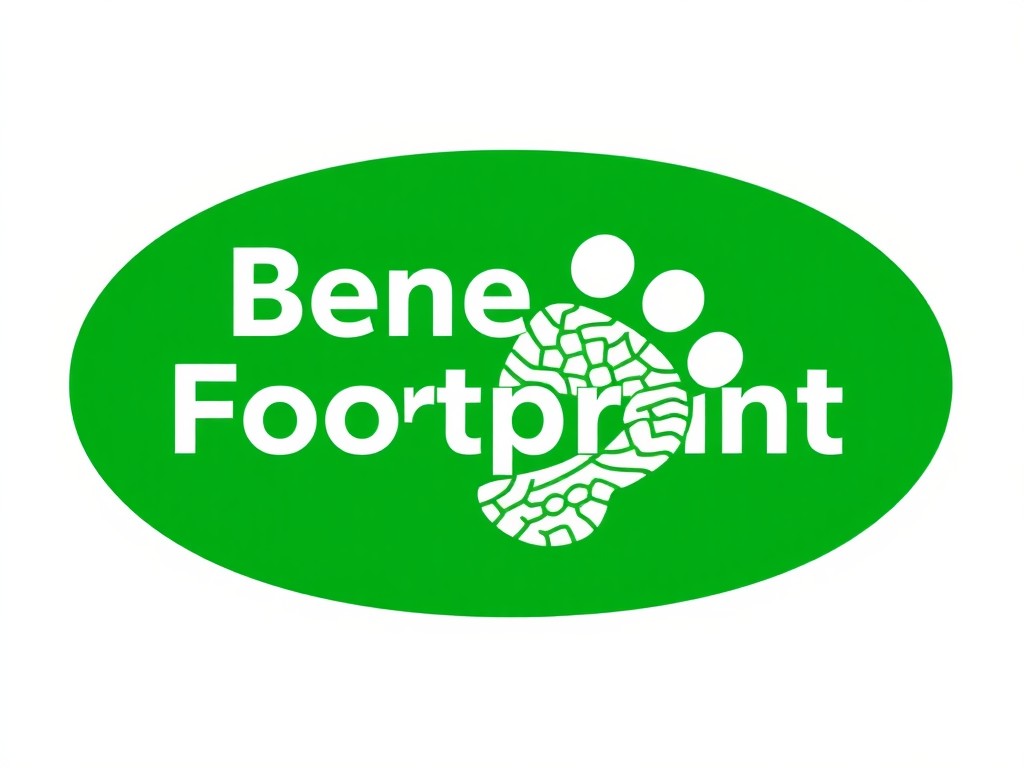Strategic Overview of Data Privacy Techniques
In today’s globalised business environment, data privacy techniques are crucial for SMEs engaged in international deals. Effective SME protection strategies not only shield sensitive data but also fortify a company’s reputation on an international scale.
Essential Techniques for SME Protection:
Have you seen this : Transforming UK Construction: Key IoT Tactics for Mastering Multi-Site Projects
- Data Encryption: Utilises algorithms to convert data into a secure format that can only be decrypted by an authorised party.
- Access Controls: Implements policies to ensure only authorised users can access specific data sets.
- Regular Audits and Monitoring: Helps identify potential vulnerabilities and ensure compliance with international standards.
These techniques play a pivotal role in building stakeholder trust. There’s an increasing demand for businesses to safeguard data to maintain credibility with partners, customers, and investors. Effective data privacy enhances transparency, a key factor in bolstering trust. Stakeholders are assured that the risks associated with data breaches are minimised.
By adopting robust data privacy techniques, SMEs not only protect themselves from legal and financial repercussions but also build a strategic advantage in international deals. Effective implementation of these strategies proves that data privacy is not merely a compliance issue but a key component for sustainable business growth and trust-building.
Have you seen this : Navigating UK Food & Beverage Sustainability Laws: Your Ultimate Guide to Compliance
Legal Compliance Guidelines for International Transactions
In the realm of international transactions, legal compliance is a foundation for SMEs, notably when adhering to GDPR compliance regulations. Understanding GDPR’s principles can bolster SMEs’ protective measures. The GDPR, or General Data Protection Regulation, mandates stringent data protection laws that enforce the privacy rights of individuals within the European Union. For SMEs, this involves carefully managing and processing personal data under strict conditions.
Understanding GDPR for SMEs
Under GDPR, SMEs must ensure transparency and fairness in data processing. Consent from individuals must be explicit, and data breaches must be reported within 72 hours. Failure to comply can result in penalties.
Implications of Non-Compliance
Non-compliance carries significant risks, including hefty fines up to €20 million or 4% of the annual global turnover, whichever is greater. Beyond financial repercussions, non-compliance can damage an SME’s reputation.
Other Relevant Data Protection Frameworks
Apart from GDPR, there are other notable data protection frameworks. The California Consumer Privacy Act (CCPA) offers similar protections for California residents, while the Personal Information Protection and Electronic Documents Act (PIPEDA) governs data privacy in Canada. Understanding and comparing these frameworks can aid SMEs in global compliance strategies.
Best Practices for Data Handling
In an era where data breaches are notorious for affecting SMEs, implementing Privacy by Design is indispensable. This proactive approach integrates privacy into data handling processes from the outset, ensuring potential issues are addressed before they manifest.
Secure Data Storage and Transmission: SMEs should encrypt sensitive data, both during storage and transit, to deter unauthorised access. Cloud solutions offering end-to-end encryption are particularly beneficial, as they merge flexibility with robust security protocols.
Continuously training employees is another pillar of effective data handling. Given that human error is often a leading cause of data breaches, frequent and comprehensive training programs are essential. These sessions should educate staff on current threats and best practices for safeguarding information.
Furthermore, SMEs can utilise Privacy Impact Assessments to evaluate any new projects or systems, thereby identifying and mitigating potential risks early. By embedding privacy controls at each project’s core, businesses not only adhere to compliance standards but also foster a culture of trust.
By adopting these best practices, SMEs can bolster their defence against breaches, ultimately securing a competitive advantage in their respective industries. Additionally, such measures echo a company’s commitment to respecting customer privacy, thus enhancing overall brand reputation.
Identifying and Mitigating Potential Risks
When SMEs engage in international deals, data risk assessment and effective risk mitigation strategies become crucial.
Common Risks in International Deals
International transactions pose several risks, including data theft, loss, and unauthorised access. A comprehensive approach to risk assessment helps identify these vulnerabilities early.
Risk Assessment Frameworks
Structured frameworks like FAIR (Factor Analysis of Information Risk) and NIST (National Institute of Standards and Technology) aid in assessing data risks. These tools offer methodologies to evaluate potential threats systematically, allowing SMEs to understand and prioritise risks based on impact and likelihood.
Developing a Mitigation Strategy
Crafting a robust risk mitigation strategy involves implementing preventative tools and processes, such as encryption and access controls. Equally, adopting a proactive stance through regular audits and updates ensures continuous improvement. Targeted employee training further reduces risks brought on by human error, which remains a significant vector for data breaches.
By integrating these steps, SMEs not only manage risks but also demonstrate a commitment to safeguarding their data assets amidst global operations, strengthening trust with partners and clients.
Case Studies of Effective Data Protection Implementation
Understanding real-world case studies of successful data privacy implementation offers invaluable insights for SMEs aiming to fortify their data protection strategies. A prominent example comes from a UK-based fintech SME that implemented robust encryption measures alongside sophisticated access controls, which not only safeguarded sensitive information but also enhanced its global reputation.
Examples of UK SMEs Successfully Managing Data Privacy
One notable instance involved a healthcare SME that faced a daunting data breach threat. By radically overhauling its security protocols, focusing on encryption, and engaging in extensive employee training, the company not only thwarted potential breaches but also boosted customer and partner trust. These proactive measures were crucial, preventing financial losses without eroding brand integrity.
Lessons Learned from Data Breaches
Analysis of past breaches reveals the importance of continuous monitoring and regular updates. For instance, a retail SME encountered a breach due to outdated software. The incident underscored the necessity for regular audits and software updates, minimizing vulnerabilities. We’ll delve deeper into specific cases, examining how prompt and proactive responses not only mitigated risks but also reaffirmed the importance of maintaining an up-to-date security stance.
Ultimately, learning from these effective implementations helps SMEs adopt proactive data protection measures, safeguarding against potential threats while promoting operational resilience.
Tools and Resources for Enhancing Data Protection
In an ever-evolving digital landscape, accessing the right data protection tools is crucial for an SME’s safety and growth. These resources not only aid in protecting sensitive information but also enhance an organisation’s international reputation.
Essential Software Solutions
Data encryption software acts as the cornerstone, transforming sensitive data into an unreadable format for unauthorised users. Solutions like BitLocker and VeraCrypt are popular due to their robustness and user-friendly interfaces. Data management tools streamline access control, ensuring data is only accessible to authorised personnel.
Professional Services and Consultancy
Engaging with privacy consultants and legal advisors offers bespoke insights into compliance and security frameworks such as GDPR. Their expertise assists SMEs in tailoring actionable data protection strategies. Privacy consultants aid in conducting thorough risk assessments and implementing industry best practices, ensuring comprehensive SME protection.
Government and Industry Resources
Government agencies provide a wealth of resources for SMEs to navigate data protection laws. Organisations like the Information Commissioner’s Office (ICO) offer guidelines and support. Similarly, industry associations disseminate best practices and regulatory updates, essential for keeping pace with global data regulations. By leveraging these resources, SMEs can craft foolproof protection strategies and cultivate a secure operational environment.
Tools and Resources for Enhancing Data Protection
In today’s dynamic digital environment, data protection tools are indispensable for SMEs seeking to secure sensitive information while enhancing international reputation.
Essential Software Solutions
Data encryption software is vital for transforming sensitive data into an unreadable format for unauthorised users. Solutions like BitLocker and VeraCrypt are lauded for their robust security and user-friendly interfaces. Data management tools regulate access control, ensuring data remains confined to authorised personnel. They offer practical safeguards against potential breaches and data mishandling.
Professional Services and Consultancy
Teaming up with privacy consultants and legal advisors provides tailored insights into compliance with frameworks like GDPR. These experts guide SMEs in crafting actionable data protection strategies. They assist with comprehensive risk assessments and help implement industry best practices, fortifying data security and ensuring it aligns with legal obligations.
Government and Industry Resources
Government agencies offer invaluable resources for navigating data protection laws. Organisations such as the Information Commissioner’s Office (ICO) provide comprehensive guidelines and support. Similarly, industry associations share best practices and regulatory updates, keeping SMEs abreast of global developments. Leveraging these resources allows SMEs to develop robust protection strategies and foster a secure operational landscape.











